

Hey there,
my name is Britney, and I go by B (she/they). I’m an art therapist of Scottish, French, and Māori descent, born and raised across various lands on Turtle Island, and currently residing in Belleville, ON.
After spending many years working (as well as climbing, faltering, getting back up and then stumbling some more), to address my own traumatic experiences in mental health and life, I discovered that combining creative expression with talk therapy had a profound impact on my personal growth and wellbeing.
This experience ignited a desire to help address mental distress in my community, and a passion for creating with others on their own healing journeys.
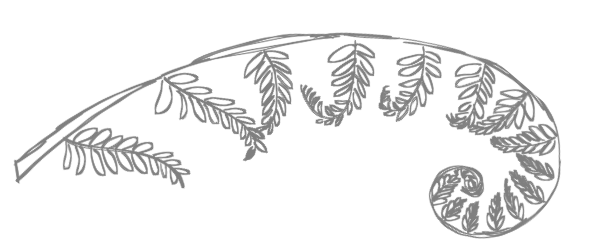
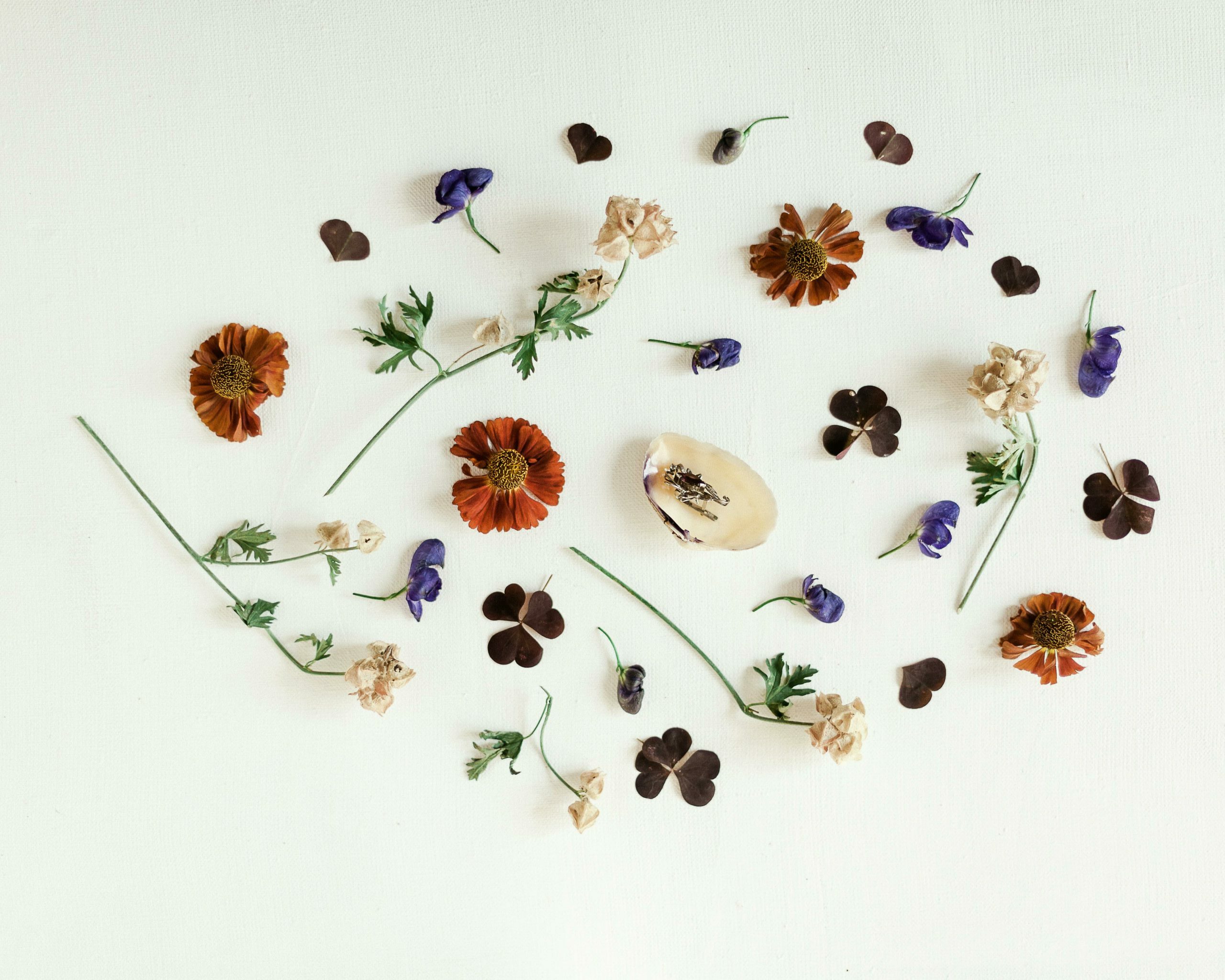
How I work
Art therapy can be a bridge to deepening one’s self-compassion and reigniting our natural curiosity for life. Creating space to simply play and create without judgement is a way to connect more meaningfully with our community, our ancestors, and ourselves.
As someone with privileged intersections of identity (white-bodied, European and Māori, queer, nonbinary), my approach is anti-oppressive, anti-racist, decolonizing, queer-affirming, trauma-informed, ecological, and ever-evolving. I align values of belonging, self-determination and radical transparency with both Western and Indigenous worldviews in the name of providing accessible, non-pathologizing safety and care.
I also apply a neuroscience-informed approach that integrates the mind, body, and spirit of those with whom I work, so that they might better locate and trust in their own inner wisdom.
My background
I am a Registered Psychotherapist (Qualifying) with the College of Ontario Registered Psychotherapists (CRPO) and a professional member of the Canadian Art Therapy Association (CATA). My CRPO registration number is #17920.
I obtained a graduate-level diploma in Art Therapy from the Kutenai Art Therapy Institute (KATI) in May 2024, and have a Bachelor of Fine Arts from the Toronto Metropolitan University.
As part of my practical art therapy training, I provided supervised art therapy services to various groups throughout Hastings County, including the John Howard Society, EarlyON, the Military Family Resource Center, Fearless Wellness Centre and Quinte Health Care.

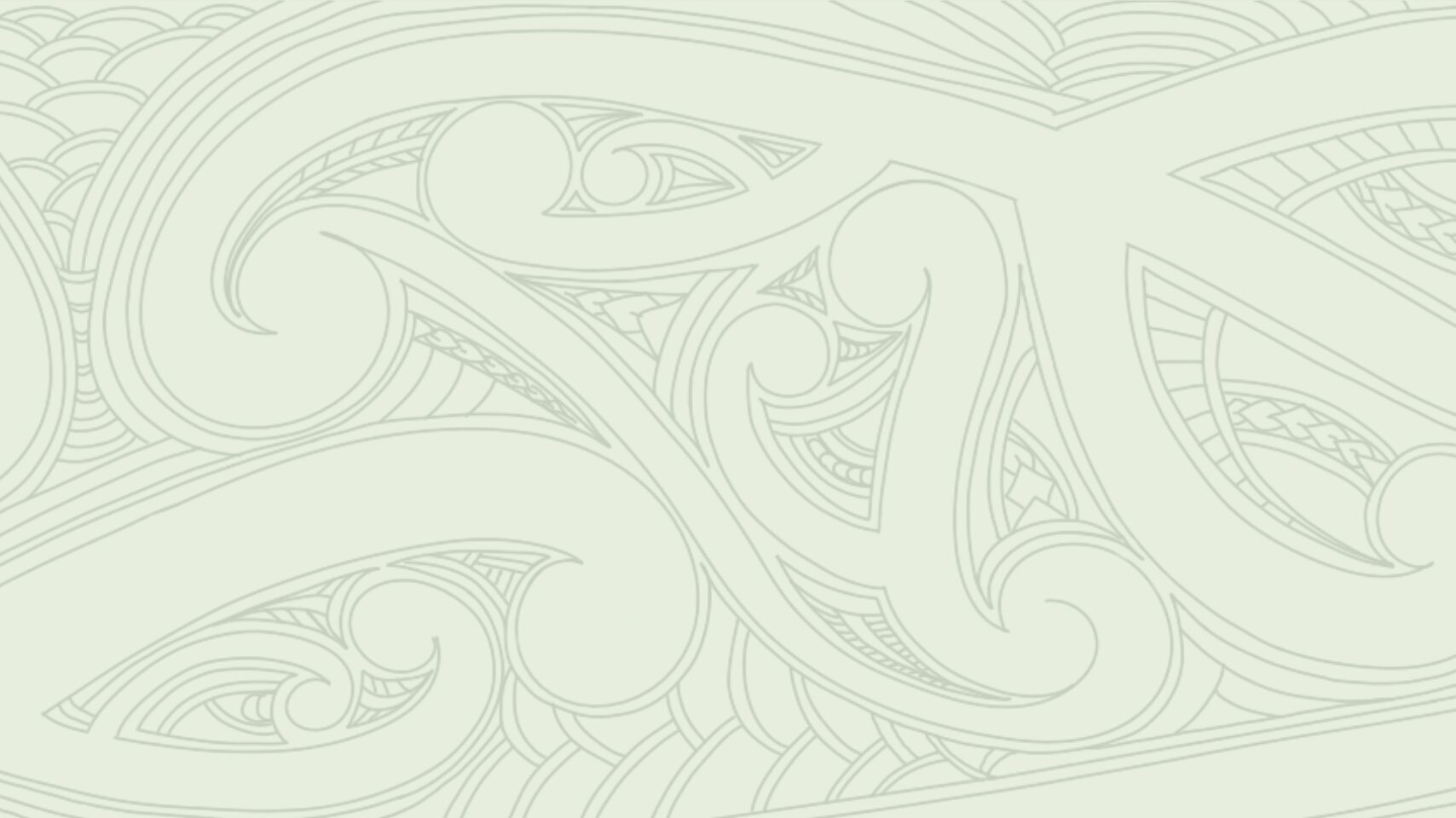
My cultural identity
For me, a crucial part of providing anti-oppressive mental health care was acknowledging my own cultural identity.
I am a white-bodied, woman-presenting person descended from European settlers and displaced Māori who came to Canada in the 1970s. Because I was raised outside of the Māori community and away from the land of my ancestors, I was not in touch with my Indigenous identity for much of my life, and felt a disconnect within myself. When training to be an art therapist, I realized that in order to offer community care that was genuinely safe and supportive, I would need to reconcile my privileges, my biases, my intergenerational traumas and my sense of belonging.
Today, after much spirit-searching, communal reciprocity and unlearning, I’m proud to say “Ko Māori ahau” (I am Māori) as a descendant of Te Aitanga-a-Māhaki and Rongowhakaata iwi (nations). I embrace the traditions and values kept alive by my ancestors across generations, and will continue to honour their legacy of courage, resilience and joy in relationship with others and the land.
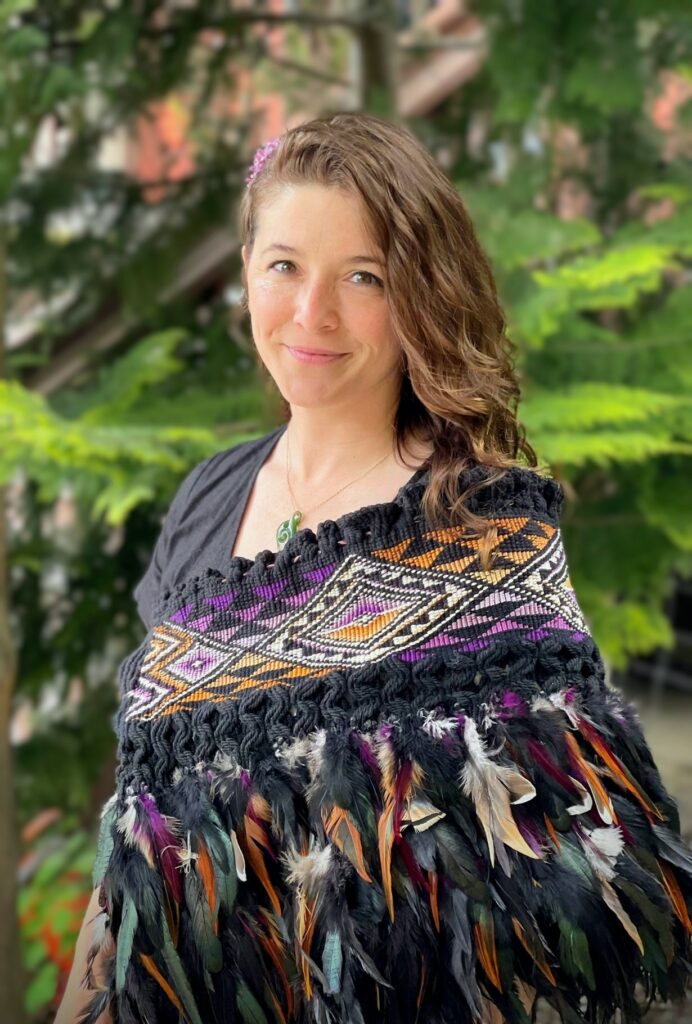

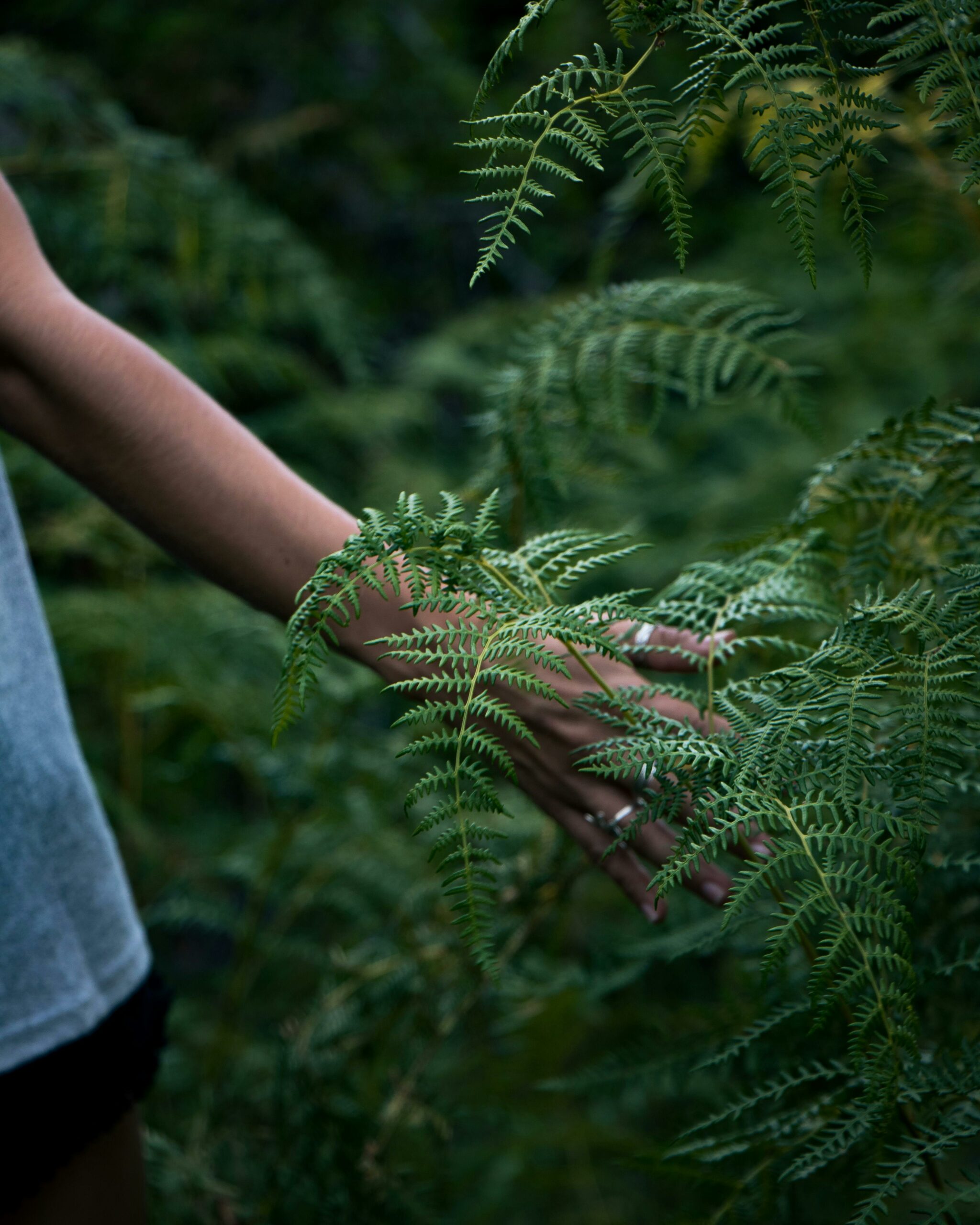
About Āio Art Therapy
The word “āio”, which can be translated from Te Reo Māori (the Māori language) to mean “peace”, “tranquility” or “harmony,” speaks to the reciprocal, relational and community-centered ways in which my approach reflects Indigenous worldviews.
The concept of “āio” acknowledges that the health of one’s body, mind, spirit and the people in their life are all interconnected and influence each other.
To me, “āio” is a way of being that celebrates the very human quest for self-acceptance.
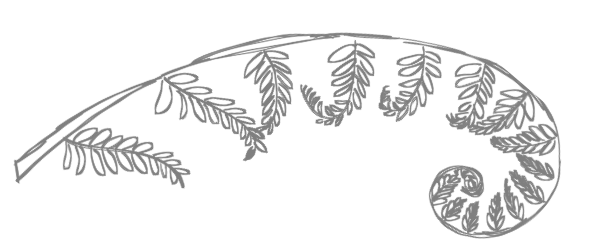
“Kia whakatōmuri te haere whakamua”
“We walk backwards into the future with our eyes fixed on the past”
Māori whakatauki (proverb)
